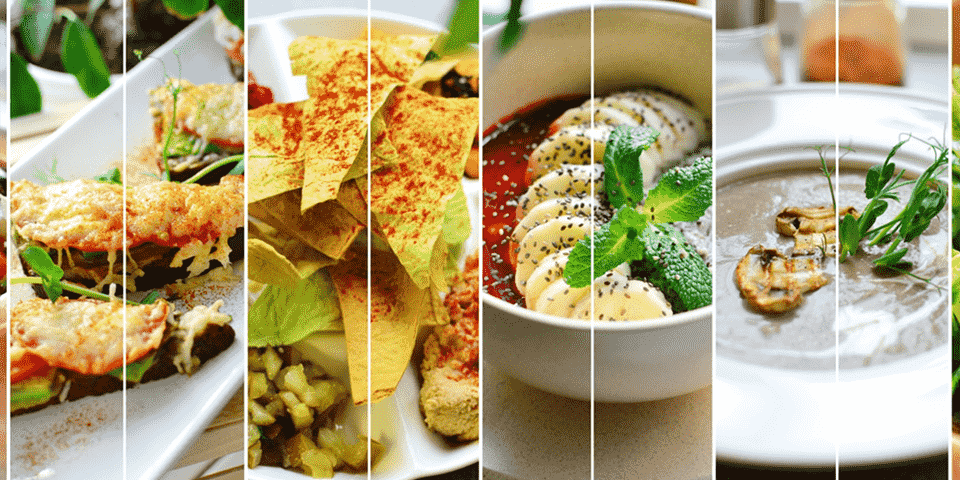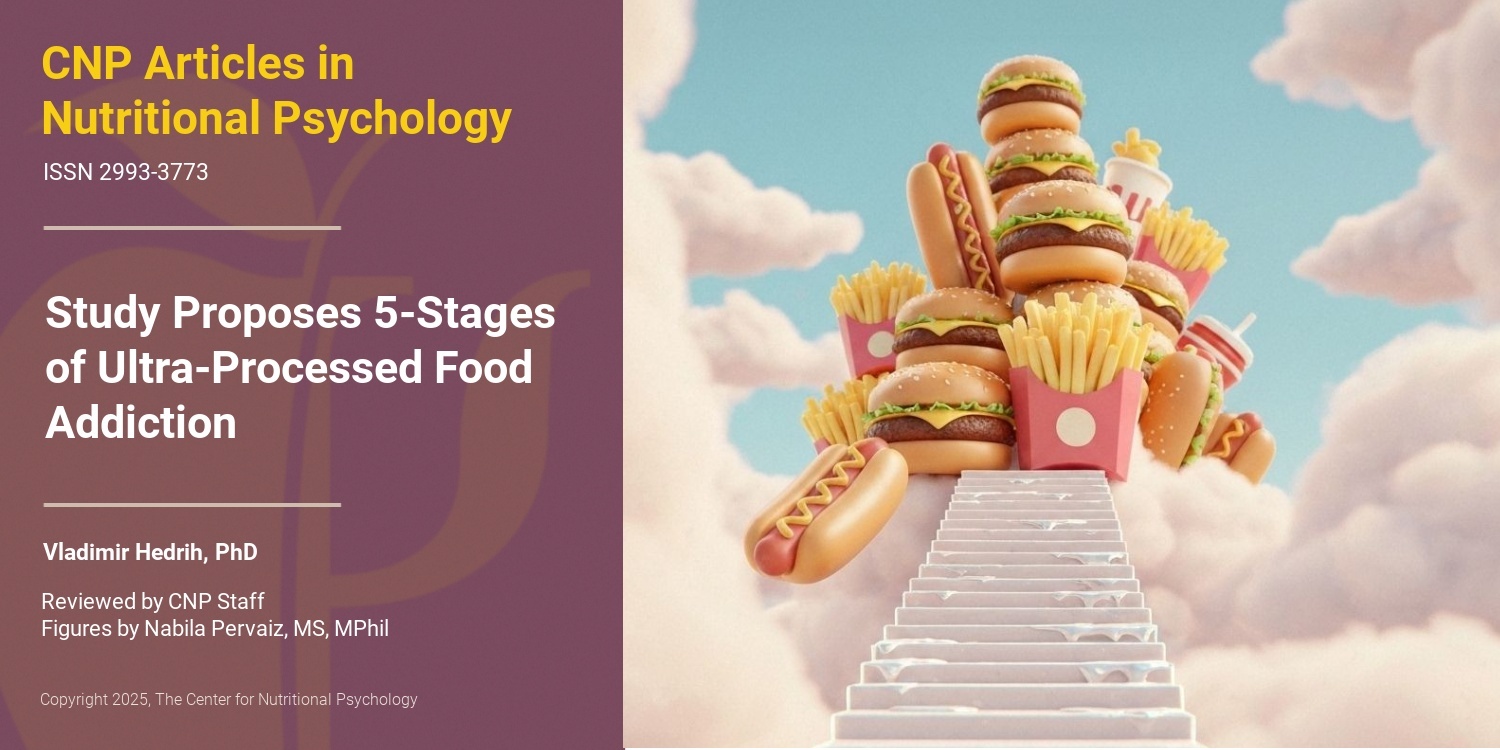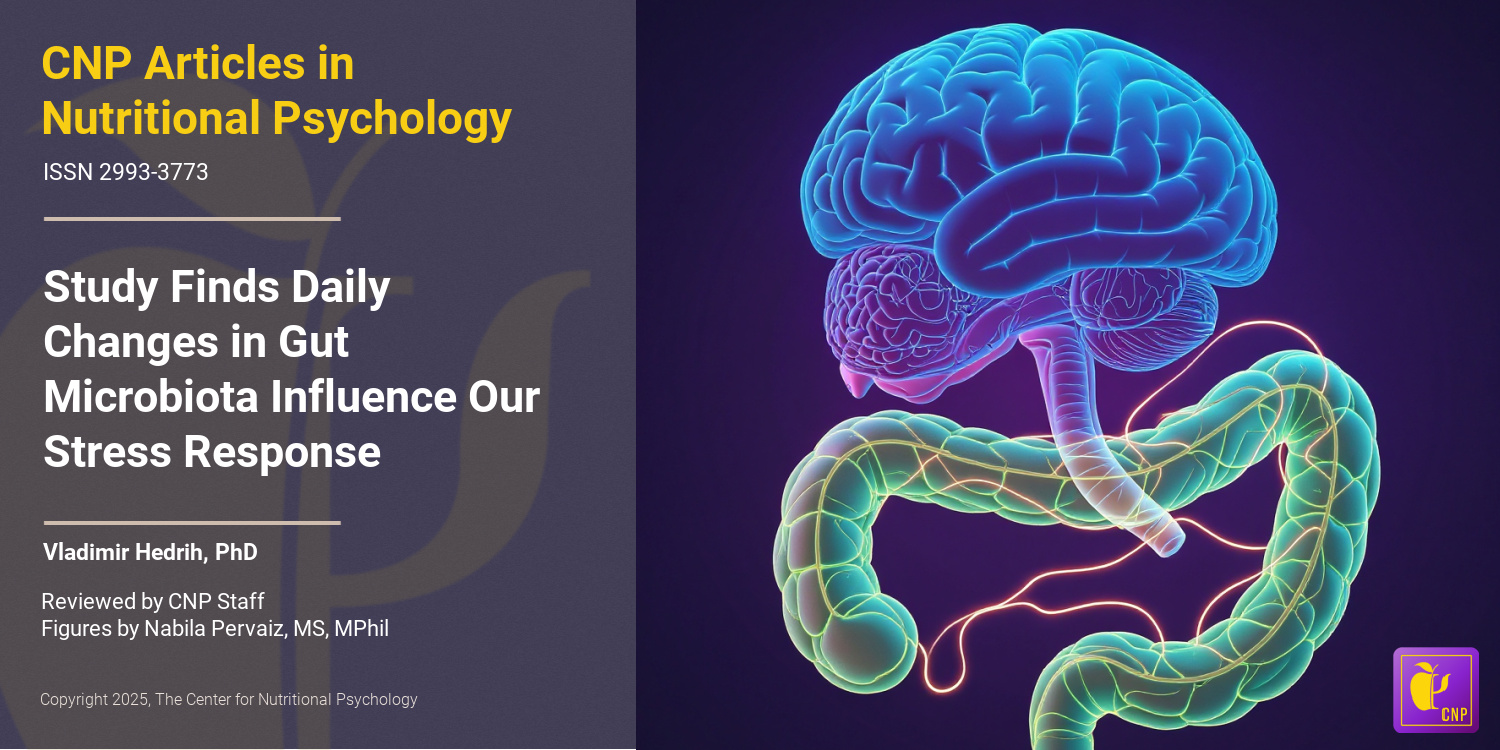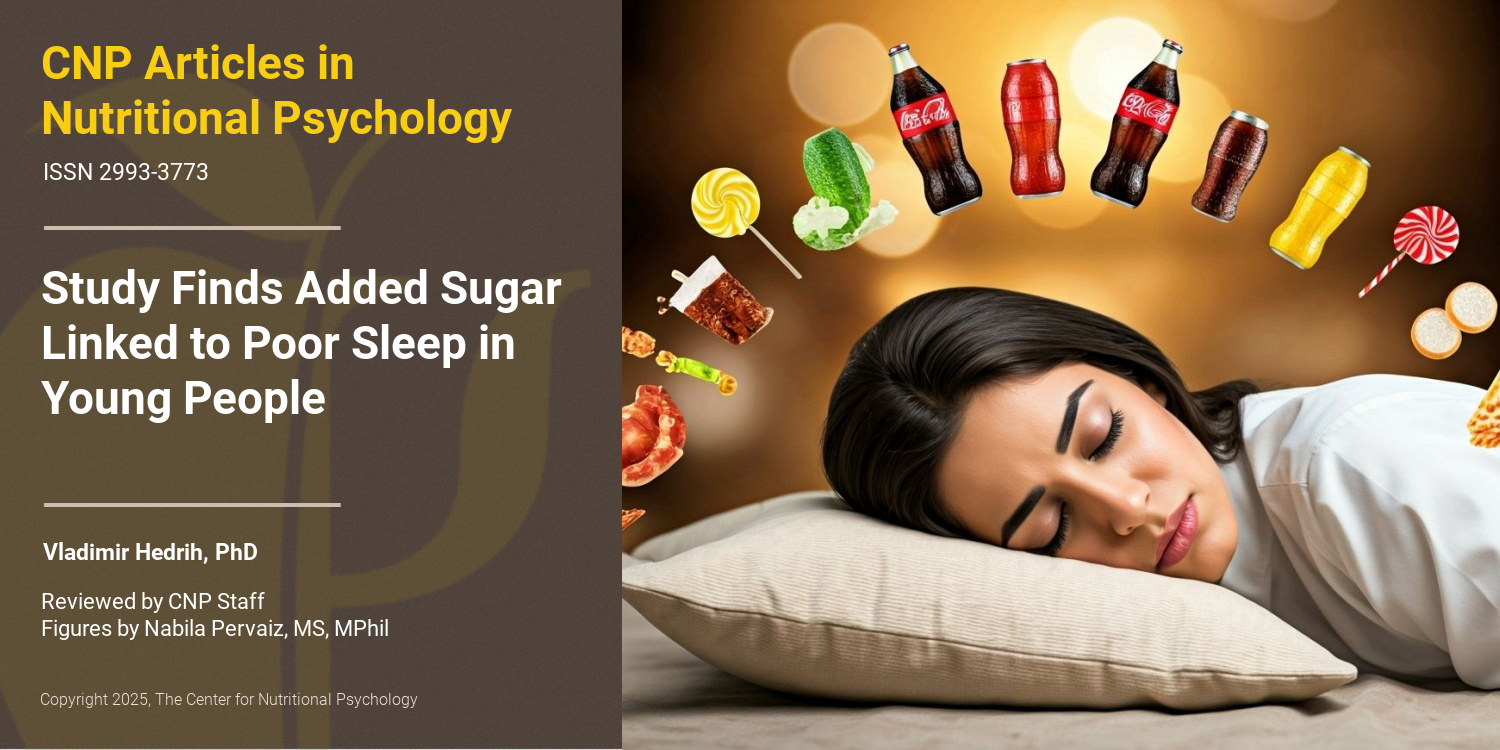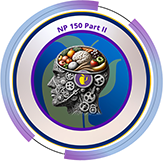Adding various foods to our diet can significantly improve our dietary intake quality, aiding in the prevention of health issues ranging from chronic diseases to behavioral health conditions. The United States Department of Agriculture (USDA) guidelines and the Food Guide Pyramid suggest that eating a diversified diet is health-beneficial. Diet diversity (DD) is defined as the number of different foods or food groups consumed over a given period of time (Ruel, 2003). DD is recognized as a critical element of proper nutrition, as a range of nourishing foods provides a greater abundance of nutrients to support the brain and body.
A range of nourishing foods provides a greater abundance of nutrients to support the brain and body.
Diet diversity is increasingly associated with numerous factors relating to the diet-mental health relationship (DMHR), including psychological resilience (Yin et al., 2019), memory (Zhang et al., 2020), hippocampal volume (Otsuka et al., 2021), depression (Poorrezaeian et al., 2017), and anxiety (Alenko et al., 2021).
One method used to measure an individual’s DD involves calculating a Diet Diversity Score (DDS). These scores measure the variability within a person’s diet. In terms of the DMHR, questionnaires can be used to assess the connection between DD with a variety of psychological health and well-being factors.
Diet diversity is increasingly associated with numerous factors relating to the diet-mental health relationship.
A cross-sectional study examining the connection between DD and mental health was conducted by Poorrezaeian et al. (2017). This study specifically focused on the association of dietary diversity with depression and stress among a sample of 360 randomly selected Iranian women. After conducting interviews to gather information about the participants’ dietary intake, responses were calculated as Diet Diversity Scores. Depression and stress levels were measured through the Depression, Anxiety, and Stress Scales (DASS-42), which is a validated questionnaire designed to capture self-reported scores on these dimensions.
As expected, participants who ate diets that included a variety of vitamins and minerals ranked higher in terms of DDS. More critically, results showed that a 1 unit increase in DDS was associated with a 39% reduction in the risk of severe depression. In other words, women who had less varied diets had scored lower on DD, and these lower scores were associated with an increased risk of severe depression.
Results showed a 1 unit increase in DDS was associated with a 39% reduction in the risk of severe depression.
Although this study found a significant relationship between DDS and severity of depression, no meaningful relationship between mild/moderate depression or stress with DDS was found. The authors note that since the current study findings indicate a relationship between DDS and eating a nutrient-dense diet, future studies examining the specific connection between stress and DDS are important and should be conducted. Some of the existing evidence demonstrating the relationship between stress and unhealthy eating habits can be found in CNP’s Diet and Stress research category).
Thank you to CNP Intern Hashmin Sajjan for contributing this article!
References
Alenko, A., Agenagnew, L., Beressa, G., Tesfaye, Y., Woldesenbet, Y. M., & Girma, S. (2021). COVID-19-Related Anxiety and Its Association with Dietary Diversity Score Among Health Care Professionals in Ethiopia: A Web-Based Survey. Journal of Multidisciplinary Healthcare, 14, 987–996. https://doi.org/10.2147/JMDH.S305164
Otsuka, R., Nishita, Y., Nakamura, A., Kato, T., Iwata, K., Tange, C., Tomida, M., Kinoshita, K., Nakagawa, T., Ando, F., Shimokata, H., & Arai, H. (2021). Dietary diversity is associated with longitudinal changes in hippocampal volume among Japanese community dwellers. European Journal of Clinical Nutrition, 75(6), 946–953. https://doi.org/10.1038/s41430-020-00734-z
Poorrezaeian, M., Siassi, F., Milajerdi, A. et al. (2017). Depression is related to dietary diversity score in women: a cross-sectional study from a developing country. Ann Gen Psychiatry, 16, 39. https://doi.org/10.1186/s12991-017-0162-2
Ruel M. T. (2003). Operationalizing dietary diversity: A review of measurement issues and research priorities. The Journal of Nutrition, 133, (11 Suppl 2), 3911S–3926S. https://doi.org/10.1093/jn/133.11.3911S
Yin, Z., Brasher, M. S., Kraus, V. B., Lv, Y., Shi, X., & Zeng, Y. (2019). Dietary Diversity Was Positively Associated with Psychological Resilience among Elders: A Population-Based Study. Nutrients, 11(3), 650. https://doi.org/10.3390/nu11030650
Zhang, J., Zhao, A., Wu, W., Yang, C., Ren, Z., Wang, M., Wang, P., & Zhang, Y. (2020). Dietary Diversity Is Associated With Memory Status in Chinese Adults: A Prospective Study. Frontiers in Aging Neuroscience, 12, 580760. https://doi.org/10.3389/fnagi.2020.580760
